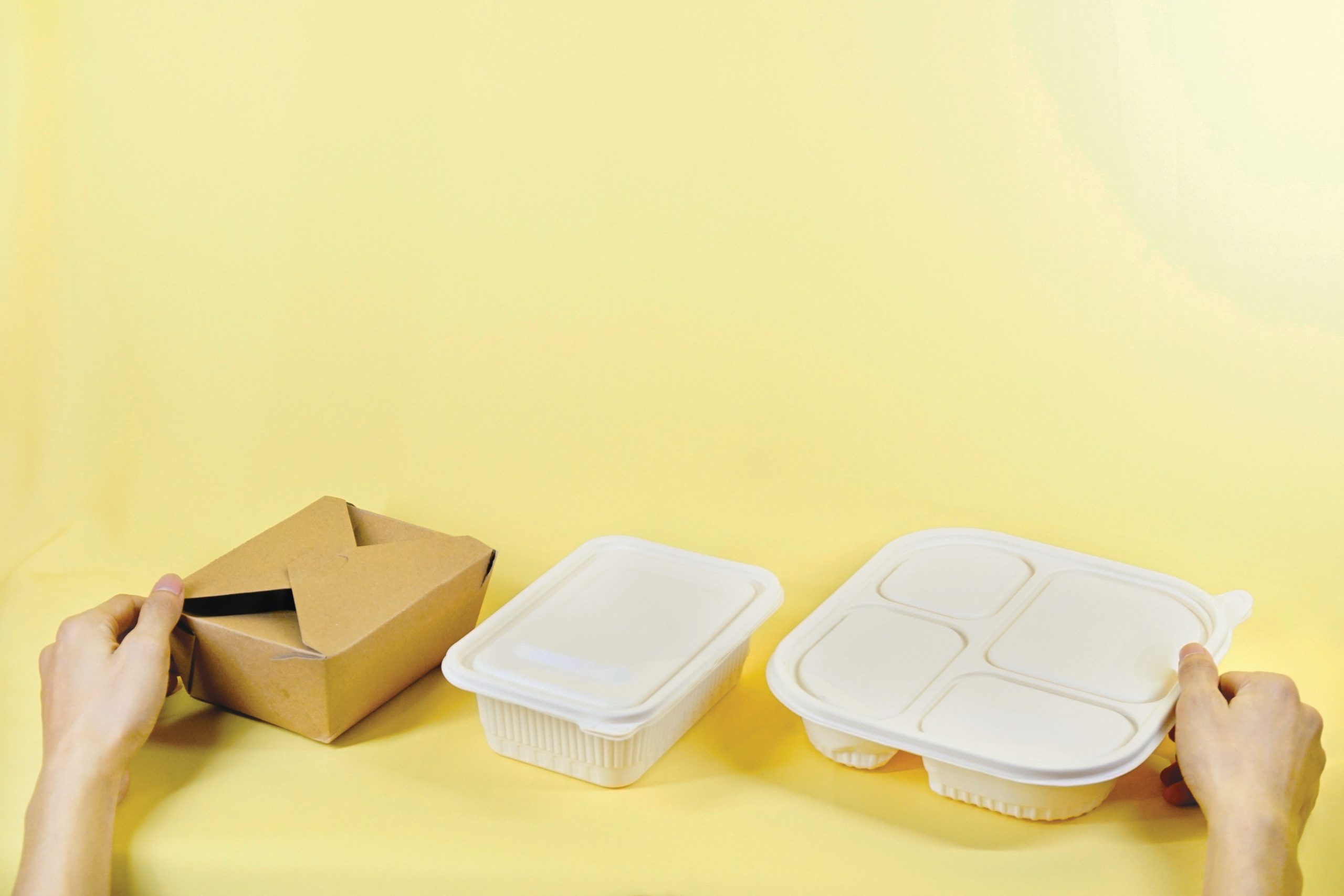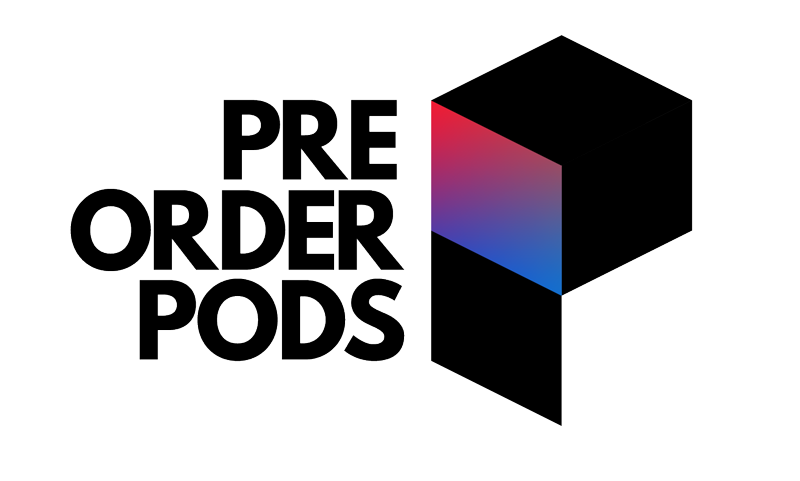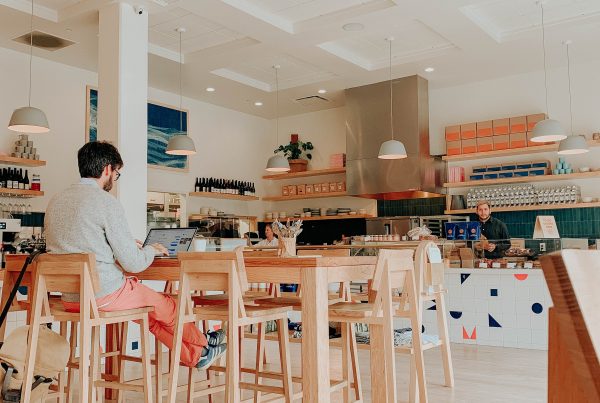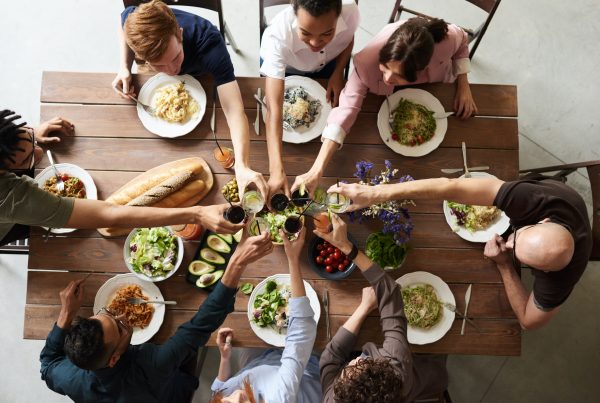
Bagasse sugarcane packaging allows you to fill your Pre Order Pods with food wrapping that’s as helpful for the planet as it is for your customers
The release of the IPCC climate report stating a ‘code red for humanity’ serves as a stark reminder that adopting a sustainable approach to all aspects of our lives is not just important; it’s crucial.
For many of us, the wheels of change have been turning for some time in the journey to running more eco-sound operations. And in the catering and F&B industries, this extends from using efficient equipment, through to local sourcing, and reducing waste. One area where huge strides forward can be made in the reduction of discarded material is packaging, where the use of plastic is still, unfortunately, rife.
When it comes to choosing a sustainable container solution for use in conjunction with our pods, it doesn’t come much better than bagasse. But, wait. What’s bagasse, we hear you ask? Read on to find out more…
Looks like cardboard, made from plants
Although bagasse containers, cups and cutlery look like cardboard, they are, in fact, made from sugarcane pulp. Bagasse refers to the fibre left on a sugarcane plant once the juice has been harvested. It is an abundant by-product of the agricultural industry.
The beauty of harnessing the benefits of the natural material is that after use, it can be composted, as it decomposes naturally, and returned to the earth to improve soil quality. Thus, re-starting the growth cycle once again in a truly circular fashion.
Exemplary material health
Its eco-benefits are far-reaching:
- Thanks to its natural beginnings, starting life as sugarcane would-be waste, bagasse has a low carbon footprint.
- In addition to being similar in appearance to cardboard, it can also – if clean – be recycled along with paper and card.
- Widely available, the material is highly renewable, with benefits for both the crop growers, who would otherwise have seen their bagasse go to waste, and those that can repurpose it.
- Bagasse is compostable. Our recommended BioPak’s bagasse packaging is certified home compostable and industrially compostable to European Standards (EF T51-800). According to them, “it will biodegrade in 30-90 days in composting conditions leaving behind no toxic residue and creating nutrient-rich compost instead. This makes it a perfect packaging solution for foodservice as the packaging and any remaining food can go straight into the compost bin and be diverted from landfill.”
Versatility at its core
In addition to its outstanding eco credentials, the key factor that makes bagasse so compatible with our pods is that it can withstand extreme temperatures – cold and hot (up to 120°C).
This makes the packaging ideal for our multi-temperature food lockers, where each individual pod can be set to provide the perfect environment for the food inside up to 70°C.
Sustainability is something we’re extremely passionate about here at Pre Order Pods. As part of this, we’re dedicated to supporting our clients in making more eco-conscious choices when it comes to their catering operations. Opting for bio-packaging is just one piece of the bigger picture, but it’s a great place to kick start your journey to a brighter future.
Photo by Agenlaku Indonesia on Unsplash




